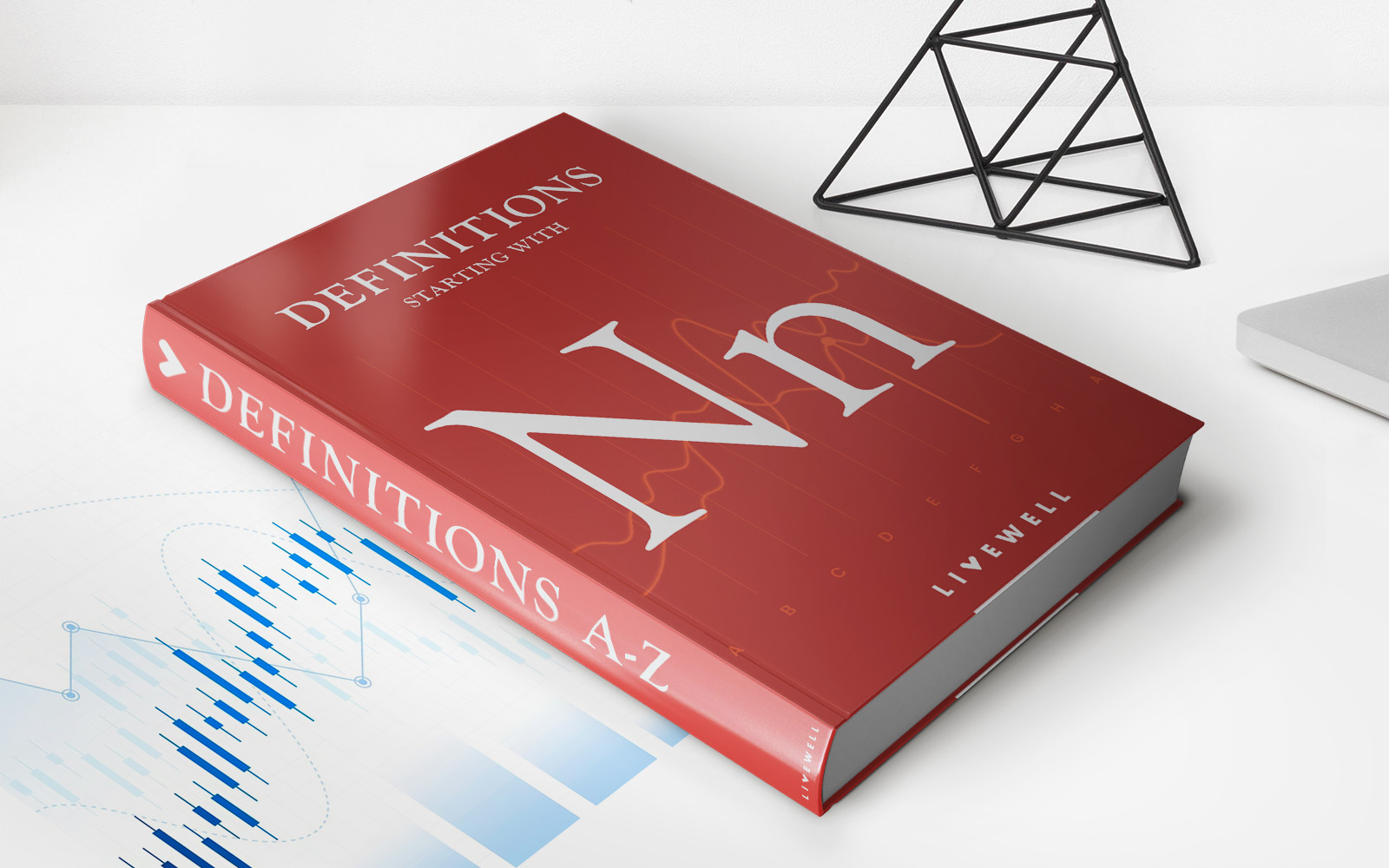

Finance
Hot Money Definition
Published: December 6, 2023
Discover the meaning of hot money in finance and learn how it impacts the global economy. Gain insights into its role in investment strategies and financial markets.
(Many of the links in this article redirect to a specific reviewed product. Your purchase of these products through affiliate links helps to generate commission for LiveWell, at no extra cost. Learn more)
The Hot Money Definition: Understanding the Phenomenon
Welcome to our “Finance” category, where we explore various aspects of the financial world. In this blog post, we will delve into the intriguing concept of hot money and provide you with a comprehensive understanding of its definition and implications. So, if you’ve ever wondered what hot money is and how it affects the global economy, you’ve come to the right place.
Key Takeaways:
- Hot money refers to short-term, speculative funds that are swiftly moved between different financial markets in search of the highest returns.
- This volatile capital flow can create economic instability and financial imbalances, especially in emerging markets.
Before we dive into the details, let’s answer the burning question: What is hot money?
In simple terms, hot money is an investment strategy that involves the rapid movement of funds across international borders to take advantage of short-term opportunities. It often refers to speculative capital that investors allocate to various financial instruments, including stocks, bonds, currencies, and derivatives.
This phenomenon occurs due to the enticing appeal of quick profits. Investors chase higher interest rates or capital gains by rapidly entering or exiting markets. The goal is to earn maximum returns in a short span and swiftly move the funds elsewhere to exploit new opportunities.
Here are a few key characteristics of hot money:
- Speed of Movement: Hot money is known for its rapid flow, as it can enter or exit a market within a short period.
- Speculative Nature: Unlike long-term investments, hot money investors are primarily focused on short-term gains rather than long-term value creation.
- High Volatility: Being driven by market sentiments and short-term trends, hot money flows can be highly volatile, leading to sharp price movements in various asset classes.
The impact of hot money on the global economy is significant, and it can be both positive and negative:
The Benefits:
- Hot money can provide liquidity and boost the value of financial markets, helping market efficiency.
- It can fund promising business ventures, facilitate economic growth, and spur innovation.
The Drawbacks:
- Hot money can be destabilizing for emerging markets that are not well-prepared to handle large and sudden capital inflows or outflows.
- When investors rapidly exit a market, it can lead to currency devaluation, stock market crashes, or even financial crises.
- It can encourage short-term speculation, which goes against the principles of long-term value creation.
To conclude, hot money is an essential concept to understand in the realm of finance. While it provides opportunities for investors to maximize short-term gains, it also poses risks to the stability of financial markets, especially in emerging economies. Being aware of hot money flows and their potential impacts can help individuals and policymakers make informed decisions to mitigate the risks associated with this phenomenon.
Stay tuned to our “Finance” category for more insightful posts on various financial topics!














